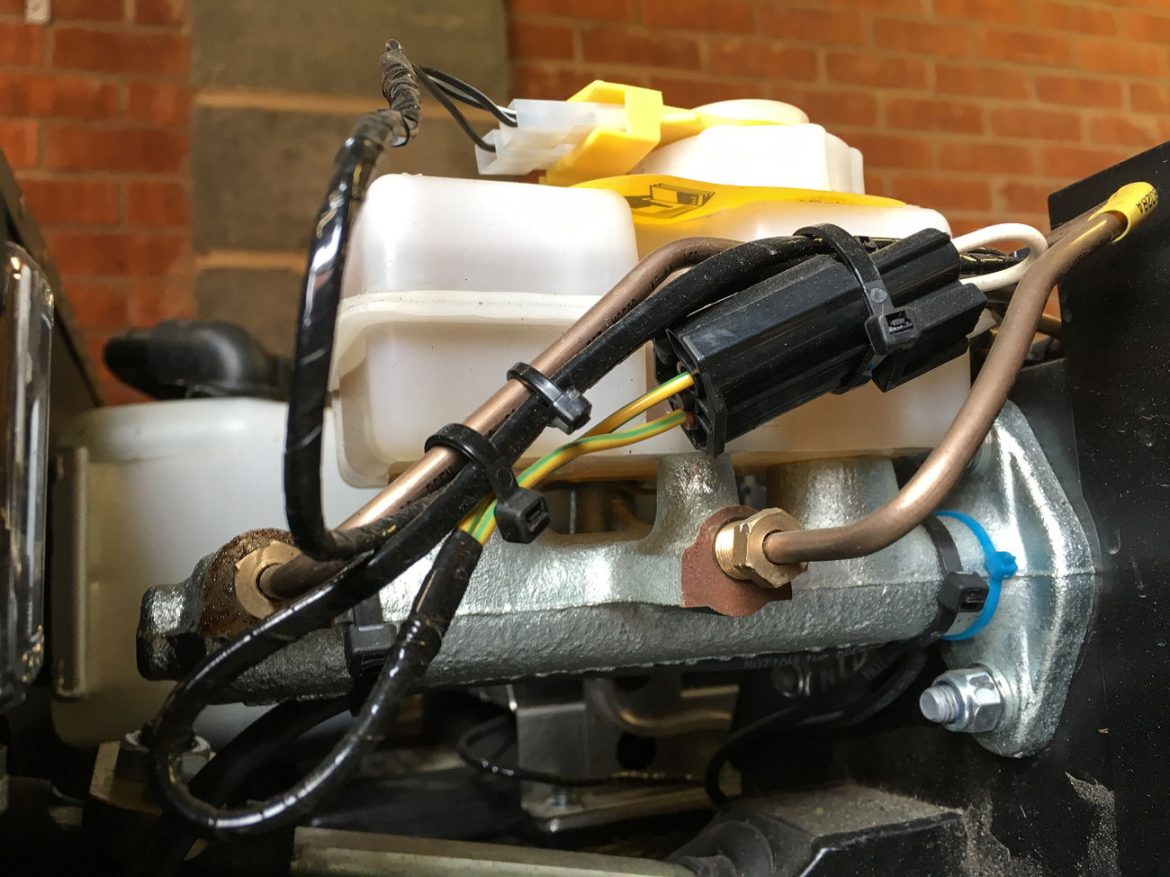Master and slave cylinders are some of the most important bits on a car, if also some of the least exciting to talk about. Nestled deep within the hydraulic systems of your car, these cylinders allow you to operate some of the most important bits of your car.
But what exactly do master and slave cylinders do, and why should you care about them? We explain.
What are master and slave cylinders?
Master and slave cylinders perform different jobs, but in short, they work in tandem with each other to make operating the brakes and clutch of your car a much, much easier job by creating hydraulic pressure to increase the force applied to each.

How do they make my brakes work?
When you put your foot down on your brake pedal (assuming your car doesn’t use a brake-by-wire system), a pushrod is err, pushed through hydraulic fluid to create pressure in the master cylinder.
The master cylinder features a reservoir that stores the fluid, below which is a bore housing two pistons separated by a spring. As those pistons are activated by the pushrod, they compress the hydraulic fluid, which pressurises it, and is then sent through the brake lines. That’s also amplified by the brake servo.
Then, the slave cylinder comes in, converting the movement of fluid to mechanical movement and applying the brakes, be that on callipers or drums.
What about the clutch?
It’s pretty much an identical story to braking. When you press down your clutch pedal, the master cylinder generates pressure with hydraulic fluid, which is then sent through to the slave cylinder. That then actuates the clutch fork to disengage the friction plate from the flywheel, with a return spring reversing that process.
So, if a cylinder breaks, that’s surely a very bad thing?

Correct. Although they are robust components, any kind of master or slave cylinder failure can be a nightmare, as a lack of pressure can make it impossible to activate the clutch or make braking incredibly sketchy. A failed cylinder will often render a car undrivable until remedied.
Failures aren’t really a progressive thing either. Cylinders are usually working fine, until they’re not – a sudden loss in braking feel or a super stiff gear change. If you’re lucky, it could just be a small hydraulic leak rather than a total system failure.
#Master #Cylinders #Slave #Cylinders #Work #Important


